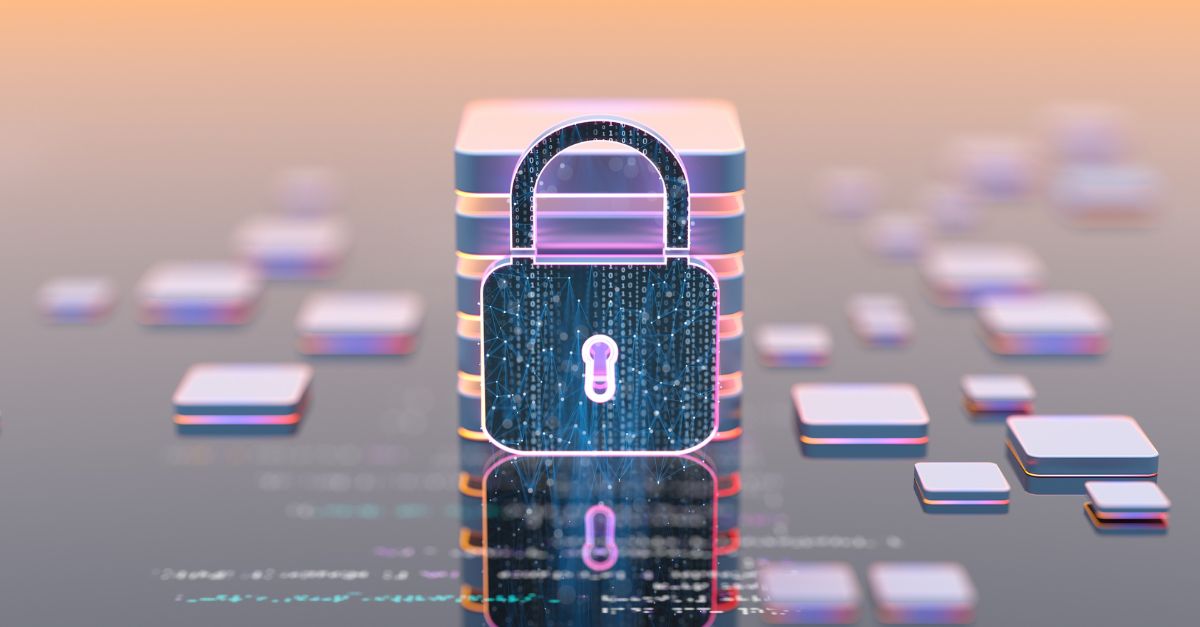And What This Means For The Privacy and Security of Personal Data
As the thin line between the virtual and the real world slowly fades away, internet privacy (or a lack of it thereof) has become an integral issue to US citizens. But just when you thought that Trump's controversial Internet Bill was the last straw, it now seems like it was only the tip of the iceberg.
FCC Proposes Regulation to Kill Net Neutrality
On April 26, Ajit Pai, Chairman of Federal Trade Communications Commission announced plans to loosen the FCC's hold on ISPs, challenging a 2015 ruling during the Obama-era that treated them as "traditional utilities" under Title II of the Communications Act.
Under Title II, ISPs were subjected to tough regulations that prevented them from blocking sites, throttling speeds and charging for "fast lanes". Although ISPs tried to protest against the Title II regulations, consumers hailed it as a step in the right direction because of a myriad benefits it gave them.
It is no wonder then why Pai's announcement is facing a lot of flak from all across the US. There has been a backlash from internet users and digital rights advocates alike as they point out how the FCC proposal will effectively kill net neutrality.
Surprisingly, tech giants like Google, Facebook, Netflix and many other notable names have also jumped into the fray and raised concerns over the new FCC proposal. They have voiced concerns over how the proposal would kill the whole concept of net neutrality which treats all apps, services and sites equally and openly.
However, Pai has defended the rollback of government oversight, explaining how it would encourage ISPs to "invest more money in establishing broader networks" which would "improve high-speed internet access cross the US". Pai said,
According to estimates by the nonprofit Free State Foundation, Title II has already cost our country $5.1 billion in broadband capital investment. Given the multiplier effect from such spending, that means Title II has already cost our nation approximately 75,000 to 100,000 jobs.
Reversing Title II will bring high-speed Internet access to more Americans because "without the overhang of heavy-handed regulation, companies will spend more building next-generation networks. Eliminating Title II regulation of ISPs will also create jobs when Americans "go to work building these networks".
With such big words, you would think that Pai is actually telling the truth. However, that is certainly not the case as there is a lack of evidence to actually prove that ISP funding has slowed down since the 2015 ruling. And this also dismisses Pai's claim that the US has lost between 75,000 and 100,000 jobs. In short, Pai's arguments are as weak as they are flawed.
Implications of FCC Proposal on Privacy
What is more disturbing, however, is the implication that the FCC proposal will have on consumer privacy. Since Trump signed the Internet Bill into law, the announcement by Pai only seems to add fuel to the fire as it practically allows ISPs to sell consumer data with absolute impunity and disregard for their consent.
As per the ruling, ISPs will have full freedom to sell consumer data to third-parties who would have an interest in collecting useful information of internet users such as their personal information, browsing history, medical history, geo-location, etc. With the FCC proposal in place, ISPs will be able to sell all of this data without discretion.
A Ray of Hope
There is still hope though. The FCC has opened up the net neutrality regulation for public debate and you can voice your concerns on their commenting system. The proposal has so far received more than four millions comments with right-wing advocacy groups like American Commitment rallying hard to raise awareness among internet users.
Some of these digital rights advocacy groups are even pushing internet users across America to start using a USA VPN to shield themselves from online threats. A VPN masks your IP address and encrypts all incoming and outgoing data, providing you with impregnable data security and online privacy. So, a VPN is the best solution for those who have no hope that the FCC proposal may be repealed.
However, it's still too early to tell how it will all go down. The plan awaits a final FCC voting which will take place on a meeting scheduled for May 18th. However, seeing how the FCC has welcomed public comments prior to its approval, Pai may consider public sentiment before the FCC approval is signed into law.
About The Author
Anas Baig is a cybersecurity journalist who covers cybersecurity ans tech news. He graduated with a degree in computer science, specializing in internet security, science and technology. He is a security professional and a writer with a passion for robots, IoT devices, and cars. Views expressed in this article are his own. Follow him on Twitter @anasbaigdm, or email him directly by clicking here.







